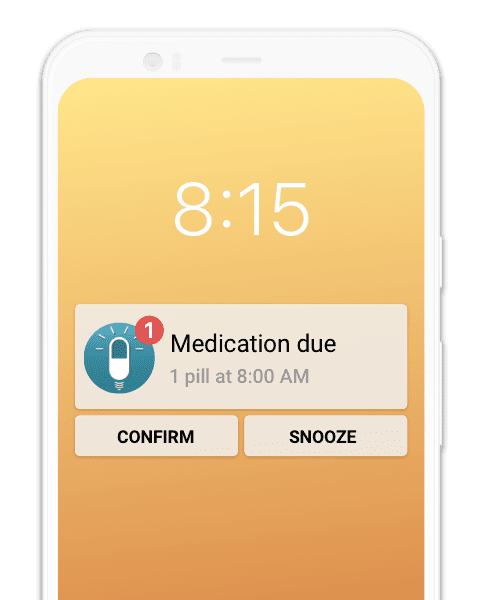Dementia is characterized by loss of memory, communication and cognitive skills. It is a disorder that gradually incapacitates the patient, and requires help and support. It is not easy to care for a person with dementia as this disease causes the patient to have forgetfulness, mood swings and sometimes moments of aggression.
In the vast majority of cases, and especially in the early stages of the disease, care falls to family members. They must be prepared and learn to live with the obstacles that will arise. For this reason, the following should be taken into account:
- Early diagnosis of the patient is essential, both for the benefit of the patient, and the family member and/or caregiver. After diagnosis, it is important to receive correct information and advice from the specialist doctor on how to cope with the disease. It's also important to seek information about the dementia patient associations available in each country. In the UK, we have Alzheimer's Society.
- The doctor should inform family members or people close to the patient about the disease so that they can better understand the changes that will occur.
Here are 5 tips for caring for a person diagnosed with dementia:
- In the early stages of the disease, the patient can retain much of their autonomy. Despite this, it is important to establish and maintain routines, habits and regular visits. As soon as it becomes apparent that the disease is progressing, they should be given more and more help so that he or she understands what is happening. One of the most important points for the caregiver is that patience is maintained and that both parties involved understand what stage of the disease they are in.
- Accepting changes: when taking on the responsibility of caring for a person who has been diagnosed with dementia, you must be open to experience and recognize the changes that will occur in this person. As the disease progresses, the personality will change. It is important to have help to be prepared to cope with these events as it can sometimes be overwhelming.
Changes in the behaviour of the person with dementia includes aggressive behaviour. If this happens, it is important to give them space and try to understand with the help of a professional. If these behaviours become too frequent or it is not possible to control the patient, it may be time to seek professional help or a place where better or more specialized care can be provided. - Engage in recreational activities: Engaging in activities that help the patient to relax will give them some peace of mind. Activities should focus on stimulating the 4 areas of personal and social development: movement, language, stimulation and sight.
- Movement: dancing, cleaning, watering plants, making a list for an activity, organizing objects, doing crossword puzzles, going for a walk, writing, starting a hobby.
- Language: reading a newspaper, asking how to make a recipe, keeping track of sporting events, reciting poetry or stories, singing, remembering events.
- Encouragement: brushing or combing hair, dressing in favourite clothes, playing a musical instrument, celebrating together, holding hands.
- Sight: taking him/her to visit relatives or pets, reading and looking at catalogues, going for walks together, looking at photographs or magazines.
- Whilst caring for dementia at home, it is also important to include cognitive activities to keep the person entertained and have a daily activity to do.
- Plan for the future: The dementia patient's condition is constantly evolving and care must be taken at every stage of the disease. Family caregivers should prepare for every moment when the patient may need care, from financial planning to future actions.
- Professional caregivers and family members should work together to plan ahead. The care needs and health status of the patient should be continuously assessed. The patient's needs will increase over time and as the disease progresses, it is also important to involve the patient as much as possible in the next steps regarding his or her disease.
- Not forgetting oneself: One of the most important things is that the caregiver in charge of the patient remains physically and mentally healthy. As a caregiver you take on a great responsibility for the well-being of a person, but you have to continue to have a life of your own. The caregiver will often encounter difficult situations that are not easy to manage, and it is important to remain calm and patient.
Being a carer is not an easy task, it can be stressful, exhausting and complicated, but there are associations and public or private institutions that can offer help in caring for the sick person. As a carer in the UK, you are eligible to apply for Carer's Allowance - money to help you look after someone who needs to be cared for.



